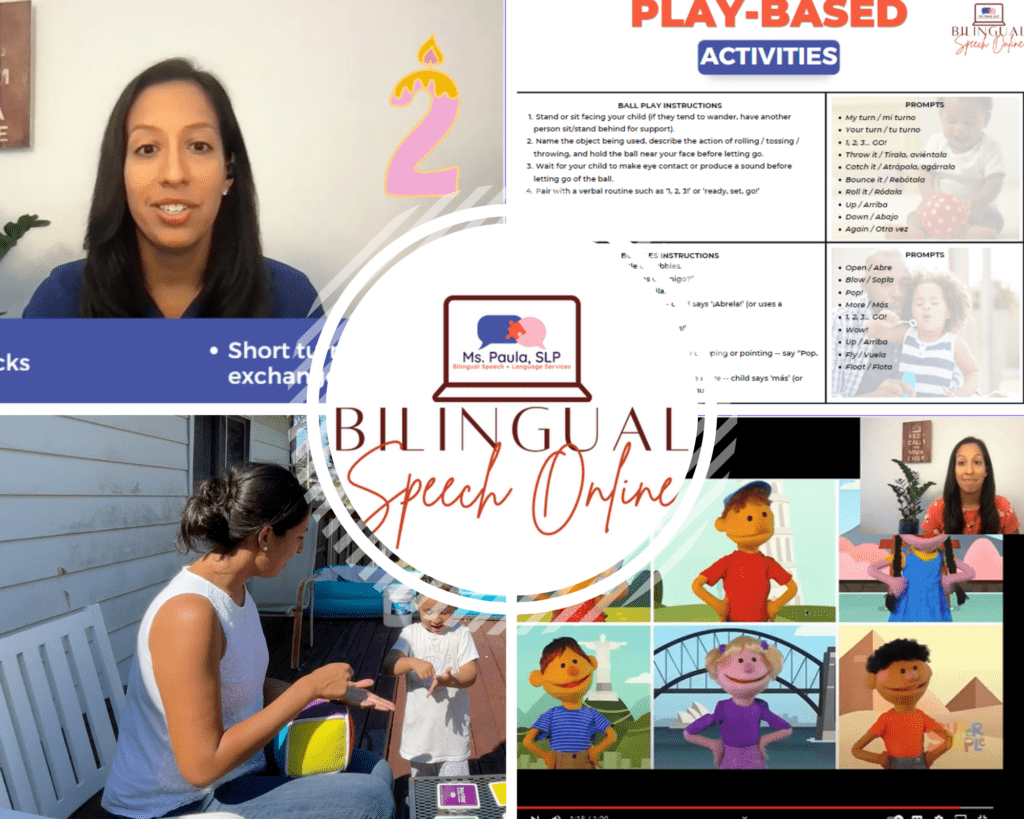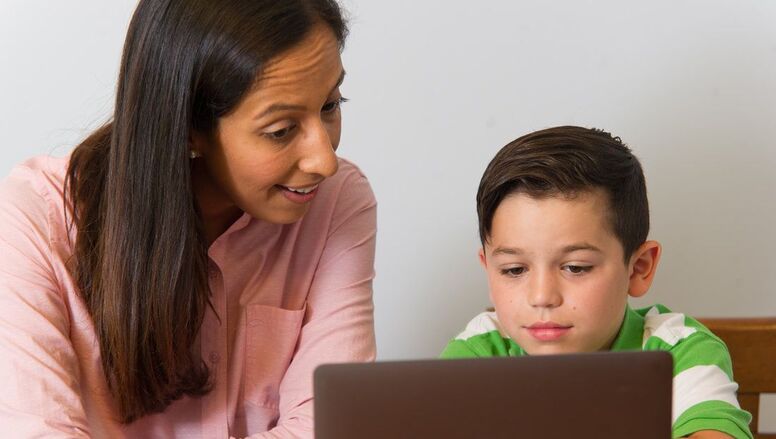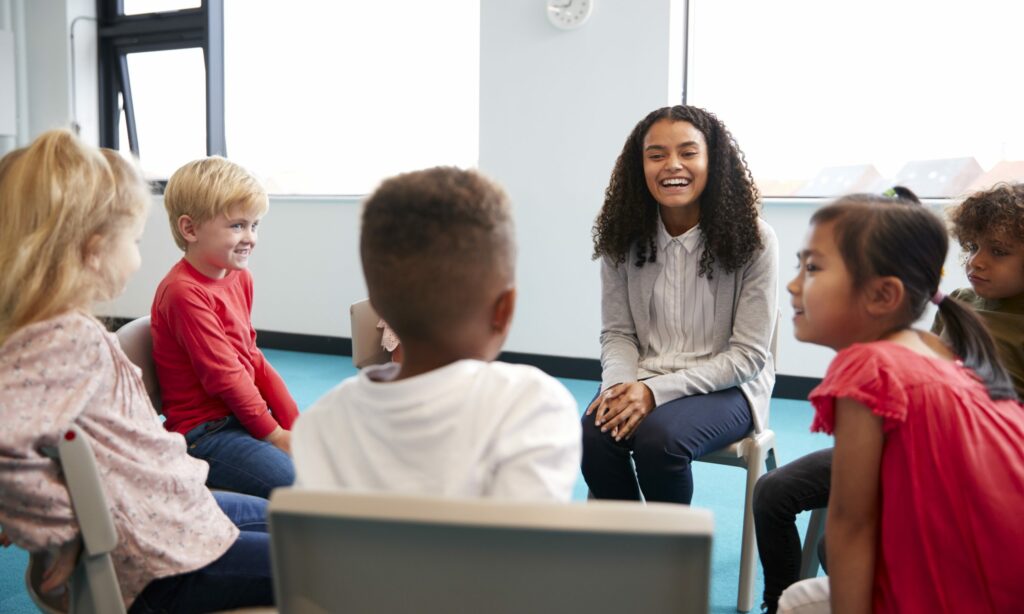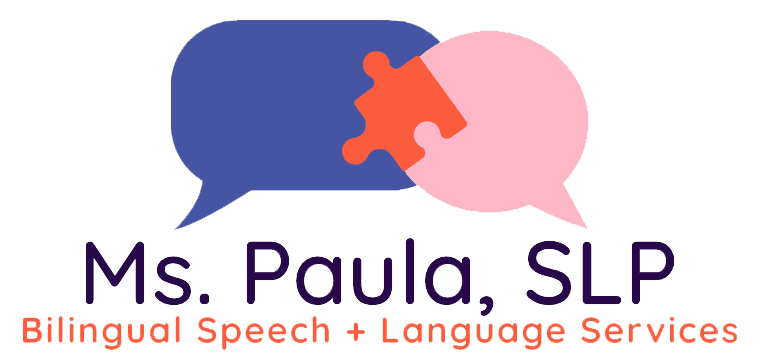Pediatric Speech Therapy
What is Pediatric Speech Therapy?
Pediatric speech therapy is, quite simply, speech-language therapy services directed at children with speech disorders.
Pediatric speech-language therapy can help children two years and older correct speech disorders and learn to communicate successfully with family, friends, teachers, and anyone else.
First and foremost, pediatric speech therapy is about improving verbal communication skills. However, speech therapy for kids can also assist with things like nonverbal communication (facial expressions, body language, etc.) as well as feeding and swallowing abilities.
As pediatric speech therapists, we love working with children of all ages, from toddlers to teenagers.




How to Know If Your Child Needs Pediatric Speech Therapy
It is important to understand that all children learn language at different rates. Some learn to talk very early on; others may be quiet but excel at reading from an early age.
This is especially the case for bilingual children who are learning to speak in two (or more!) languages at the same time.
For this reason, it is sometimes difficult to tell whether your child may need pediatric speech therapy.
As a general rule, if your child has problems understanding questions, following directions, learning new words and phrases, or saying simple sentences, they may have a speech-language disorder.
If this is the case, please ask us about speech therapy services for your child.
Benefits of Children’s Speech Therapy
Many conditions or disorders may be treated with pediatric speech therapy:
- Angelman syndrome
- Autism spectrum disorder
- Cleft lip or palate
- Developmental delay
- Dyslexia
- Hearing impairment
- Traumatic brain injury
Beyond simply speaking more clearly, speech therapy helps boost confidence and self-esteem. A child who cannot communicate effectively with others will also have great difficulty developing social and emotional skills.
Hence, speech therapy for kids is crucial for them to learn, grow, and thrive as individuals and members of their community.
SPEECH THERAPY FOR KIDS
How Our Pediatric Speech Therapy Works
The central aim of pediatric speech therapy is to help children articulate their own speech sounds while also understanding the speech of others.
We work to practice articulation and phonology through fun games, activities, and one-on-one instruction. As speech-language pathologists working with children, we focus mainly on three areas of communication: speech, receptive language, and expressive language.
To improve speech skills, we work closely with your child to practice articulation of discrete sounds and consonants. We also strive to reduce stuttering, cluttering, and other fluency disorders.
To improve receptive language skills, we help your child understand what is being said to them and respond accordingly. This enables them to answer questions, follow directions, and react naturally in social situations.
To improve expressive language skills, we practice how to combine sounds into words, words into phrases, and finally phrases into sentences.
Healthy speech-language development requires that all three of these skills—speech, receptive, and expressive—be cultivated in equal measure. That’s what our pediatric speech therapy services are all about.
At Ms. Paula, SLP, we strive to provide the best pediatric speech therapy for all the kids and toddlers we work with, each and every time.
Speech Therapy for Toddlers
Babies begin communicating nonverbally almost as soon as they are born. However, some toddlers may experience difficulties in developing speech and language skills.
By the age of two, most toddlers will have certain speech-language capabilities. Your baby should be able to:
- Understand and obey simple commands
- Get objects when asked, or bring things to show their parents
- Point to specific body parts when asked
- Name a few common objects or images
- Use gestures to play pretend or imitate activities seen in parents (cooking, etc.)
- Learn at a rate of about one new word per week
If your two-year-old has not yet displayed one or more of these abilities, it is certainly no cause for alarm. However, if the delay persists, you may wish to consider the benefits of speech therapy for toddlers.
